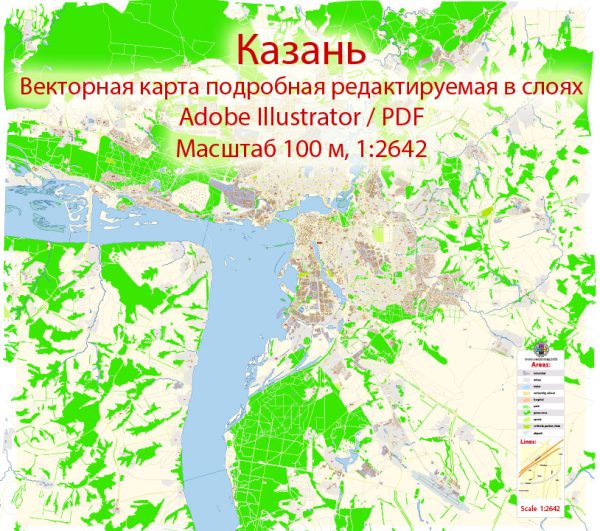Kazan is one of Russia’s oldest and most historically significant cities. It is the capital of the Republic of Tatarstan and is located on the banks of the Volga River, roughly 800 kilometers east of Moscow. The city has a rich and diverse history, with a strong cultural and religious heritage that spans over a thousand years.
- Early History: Kazan’s history dates back to the late 12th century when it was founded as a fortress by the Volga Bulgars, a Turkic people. It became an important trade and political center, known for its bustling markets and strategic location along the Volga River.
- Mongol Rule: In the 13th century, the city was conquered by the Mongol Empire and became part of the Golden Horde. Under Mongol rule, Kazan continued to grow and develop as a major center for trade and culture.
- Kazan Khanate: In the 15th century, Kazan broke away from the Golden Horde and established the Kazan Khanate. It was during this period that the city became a major hub for Islamic culture and scholarship.
- Russian Conquest: Ivan the Terrible, the Tsar of Russia, launched a series of campaigns to conquer Kazan in the late 16th century. After several failed attempts, Kazan finally fell to Russian forces in 1552. This marked a significant turning point in the city’s history, as it became part of the Russian state.
- Cultural Diversity: Throughout its history, Kazan has been a melting pot of cultures and religions. It is known for its rich blend of Tatar and Russian cultures, as well as a significant population of other ethnic groups, including Chuvash, Mari, and others. This cultural diversity is still evident in the city’s architecture, cuisine, and traditions.
- Religious Heritage: Kazan is home to a variety of religious communities, with Islam and Russian Orthodoxy being the most prominent. The Kazan Kremlin, a UNESCO World Heritage Site, contains the Qolşärif Mosque, one of the largest mosques in Russia, and the Annunciation Cathedral, a beautiful Orthodox church.
- Modern History: In the 20th century, Kazan continued to grow and develop as an industrial and educational center. It became known for its universities and research institutions, contributing to the city’s reputation as a center of learning.
- Contemporary Kazan: Today, Kazan is a vibrant and modern city with a strong economy, diverse population, and a thriving cultural scene. It has hosted major international events, including the 2013 Summer Universiade, which brought attention to its infrastructure and tourist attractions.
In summary, Kazan’s history is marked by a long and varied journey from its foundation as a Volga Bulgar fortress to its status as a dynamic, culturally diverse city in contemporary Russia. Its role as a center of culture, trade, and religion has left a lasting impact on its identity and significance within the country.


 Author: Kirill Shrayber, Ph.D. FRGS
Author: Kirill Shrayber, Ph.D. FRGS